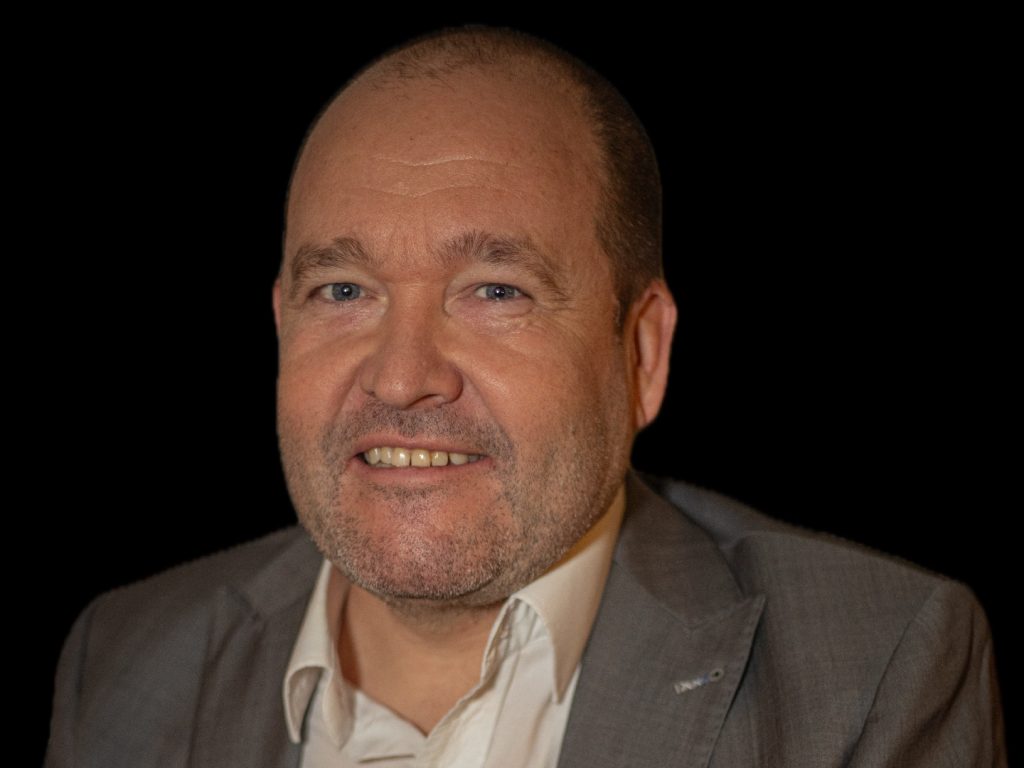
The Chief Executive Officer (CEO) of Bredesen Consulting, Hans Arild Bredesen, says that for Eswatini to accelerate investment and strengthen its energy sector, it should open its electricity market to all power producers, regardless of generation size.
Bredesen made this statement during the Eswatini Energy Regulatory Authority (ESERA) webinar, themed “Understanding Eswatini’s Electricity Supply Industry: Fundamentals and Sector Reforms,” held on 12 August 2025.
Bredesen Consulting is a specialist advisory firm with decades of experience in electricity market design, helping countries modernise their power sectors and create competitive, investment-friendly frameworks.
Also participating in the webinar were Dr. Alfred Kwabena Ahenkorah, a regulatory consultant with the African Development Bank, and Mr. Simphiwe Khumalo, ESERA’s General Manager for Regulation.
It is worth noting that the Kingdom of Eswatini is currently struggling to meet its energy needs. The Managing Director of Eswatini Electricity Company, Ernest Mkhonta, stated in a recent media stakeholder engagement that the country faces a bleak future when it comes to meeting its electricity requirements.
With decades of experience in electricity market design, Bredesen told regulators and industry stakeholders that enabling participation from even small-scale producers—particularly those in the 1-to-5-megawatt (MW) range—could attract private capital, diversify generation sources, and improve long-term energy security.
Bredesen said that in South Africa, producers generating at least 1 MW can participate in the wholesale market.
“Eswatini should tailor its eligibility rules to fit local realities. One of the key lessons in market reform is never to copy exactly; instead, learn from others, but tailor the system to your conditions,” he said.
“South Africa has a voluntary market for most players, with Eskom required to participate. To prevent Eskom’s dominance, a central purchasing agency balances the market. Independent power producers (IPPs) and large consumers trade domestically and through the Southern African Power Pool (SAPP), creating import and export opportunities. In South Africa, smaller power producers are not part of the national grid.”
Bredesen added that Namibia used reforms to attract solar investment and reduce imports. “Although its market is voluntary, open access to export opportunities via SAPP was a key selling point to attracting investors in Namibia,” he said.
He also mentioned that Zambia implemented a phased, mandatory market to drive investment in new generation capacity, supported by the creation of an independent market operator.

For Eswatini, Bredesen suggested that transparent rules, phased reform, and regional integration could position the country as an investment-friendly hub. Allowing market access for all qualified producers, along with the ability to trade through SAPP, would give investors a larger potential customer base and greater operational flexibility.
“Market reforms require persistence, as they face technical, political, and institutional resistance. You need to keep moving forward. Every step towards openness strengthens investor confidence and system resilience. By designing a model that fits its resources and ambitions, Eswatini could unlock private investment, boost competitiveness, and secure a more sustainable electricity future,” he concluded.



